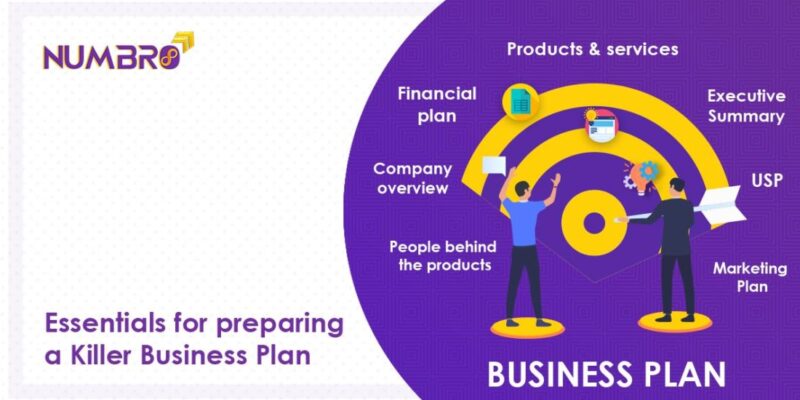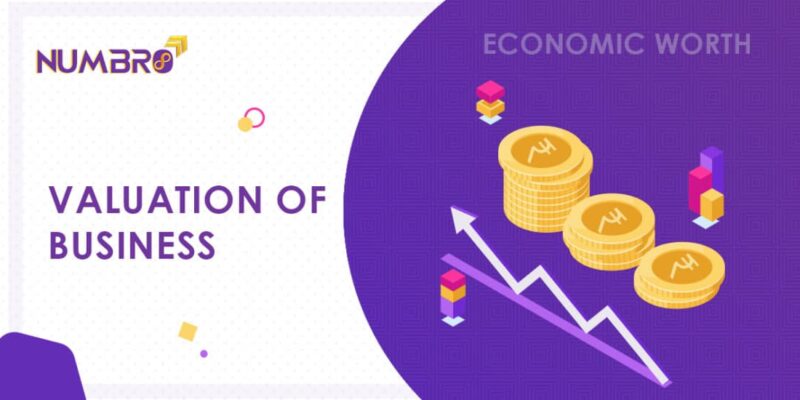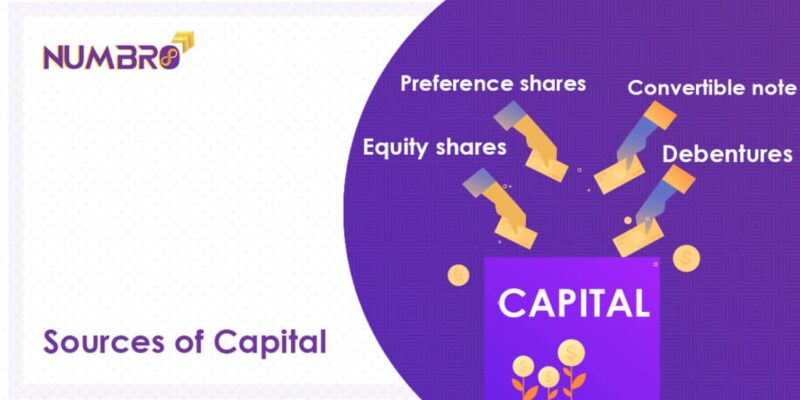How to Prepare a Business Plan
A business plan defines a road map for the future of the business. It crystallizes all the ideas in an understandable format that can be presented among all the stakeholders to review it. It is a comprehensive document covering the detailed plan of an organization, including the 360 degrees of the factors influencing the business. A business plan is an art of bringing the idea into numbers and checking the financial and economic viability as well.This is a broad guide to prepare a business plan.
Who should prepare a business plan:
A detailed business plan is a prerequisite for funding purposes for submission to investors or banks for loans.
There is a more significant need for a business plan for the internal stakeholders to understand where they stand and the goal to be reached and to identify the resources needed to achieve the goals.
Why should one prepare a business plan:
Every entrepreneur envisions a business model and has goals and targets to be reached in the business journey.All these ideas that are in the form of thoughts are to be brought to make a meaningful document.Once these are drafted , first level of validation can be done by mentors or any others who go through the business plan and can suggest some changes.This helps one to detail the business model is detail and a validated business model.
Key components you should have while you prepare a business plan
Following sections are essential to prepare a business plan
- Executive summary
- Company overview
- Products and services
- Products and services
- Market potential and marketing plan
- USP
- Financial plan
Executive summary: A brief executive summary, which acts as a teaser to the entire business plan, should give a bird’s eye view of the business model. It contains the industry, promoters, experience, key figures, key differentiators and other interesting facts to give a great impression.4
Company overview: This segment should talk more about the history of the company, ideation, journey till now, founders, co-founders who have initiated the organization. This will have a clear-cut vision and mission of the entity along with the purpose and aim in simple words.
Products and services: Products and services are to be explained in as much detail as possible to explain the differentiation with the other products or USP. If an innovative product, the business secret or formula need not be revealed, but if it holds a patent that sounds very interesting to the audience. There can be a new innovative product or a process improvement for an existing product.
People behind the products: People play an essential role in every business. Right people at the right place can create a difference in the deliverables. The capabilities of the people behind the product/process/innovation are key to know the scalability of the product. Skills of the people behind the product in terms of operations, financial management, human resource management, innovation and product development should convey that the team can handle.
Market potential and Marketing plan: The understanding market is a fundamental criterion before a product launch into the market. A primary study on the market factors like geographies, product range, brands, pricing and other factors gives an idea of the market potential and how is the product or service to the positioned. Detailed market research helps in identifying all these in specific for a specific niche which helps to draft a comprehensive marketing plan.
USP or Key differentiators: One should know the uniqueness of the product or service that is being offered to the market. Also, the advantage of the impact it is going to create in the market. It need not be an innovative product; it can also be a process improvement or bringing in new technology. This has to be defined before positioning the product in the market as there may be different products in the market placed at different levels.
Financials: The above idea and the resource requirements are to be brought into a numbers. This helps to know the economic viability and financial feasibility of the project. This will demonstrate the levels of a business to be done to make a break even or profit. This also helps one to identify the resources/ assets required to operate and build the organization. A detailed understand over the cash flows shows the liquidity of the organization at every stage to fund the resources and raise funds at appropriate times.
Business plan variants
Teaser: A Teaser is a one-page document that consists of all the relevant details to the investors on a no-name basis which gives a picture of business industry, key people, and critical numbers, what is the fund that is looked at and how is the company valued at?
Pitch deck: A pitch deck is a variant of a business plan which is short and to the point and does not feature about any plans in detail. A well-drafted pitch deck includes good info graphics to represent the business model, key numbers, products and services to make the business model attractive to the investor and to understand the business model with a glimpse of the images rather than reading a bigger document.
Investment memorandum: It has all the features in the pitch deck and also includes items like valuation of the organization, present capital structure, a stake that can be offered, kind of securities that can be offered, and a proposal of exit strategies.
Detailed project report: A detailed project report details in all respects including technical viability, financial viability, and it goes into detailing of the kinds of machines procured for the business along with their model and other aspects. This is drafted for projects of high values. It will run into pages and books but gives a holistic view of business before it starts. A DPR is the critical documents for the Private Equity firms.
Why choose a good consultant for planning:
Business planning is not only an art but a science as well. A great business plan can be written only by an experienced and knowledgeable business/management consultant with the following traits. A business consultant should possess skills not only on business plan writing but should have skill set on financial modelling, valuation, legal entity, Statutes, market research, innovative mind to present management theories and good experience.
- A business consultant comes with an experience of understanding the dynamic business models to understand the product/service along with its operating cycle and can schematically put all the process .
- Since he has the vision to plan for your business, he questions and collates all the information from the business owners that should form part of the business plan.
- A good consultant spends more time listening to the founders to understand the product, its market, founders and their capabilities, markets, marketing means, procurement process, sales process, receivable and payable cycles and other areas.
- A good consultant spends more time listening to the founders to understand the product, its market, founders and their capabilities, markets, marketing means, procurement process, sales process, receivable and payable cycles and other areas.
- Since the entire business is presented as a financial plan, a finance guy with a good understanding of the concepts of financial modelling and understanding key ratios impacting the industry will help to build a good business plan.
- Some key management theories, including SWOT analysis, Porter’s 5 force model etc. would help in defining the business strengths and the impact of markets on the business.
- A business plan get’s more value with a detailed valuation, as the business plan is the starting stage of the business model which helps to know the funding options, exit strategies, valuation of the company and the valuation sought at different levels of a business carried out.
The above-discussed points are generally at a broader scale, but the business plan contains many aspects that have to be represented to explain the business model.
A business plan is dependent on the expertise of the consultant and the level of knowledge. This helps to identify the strengths of the founders and all the factors for reaching the business goal.




